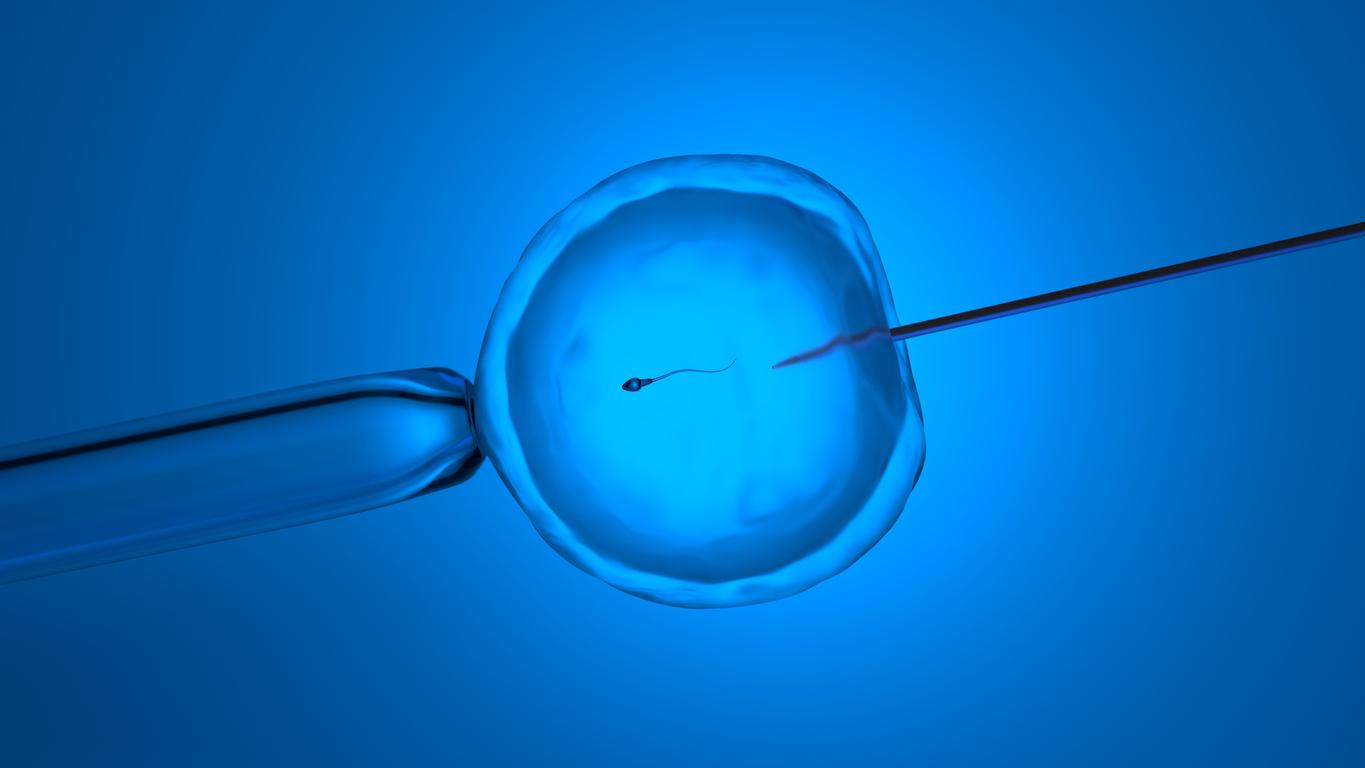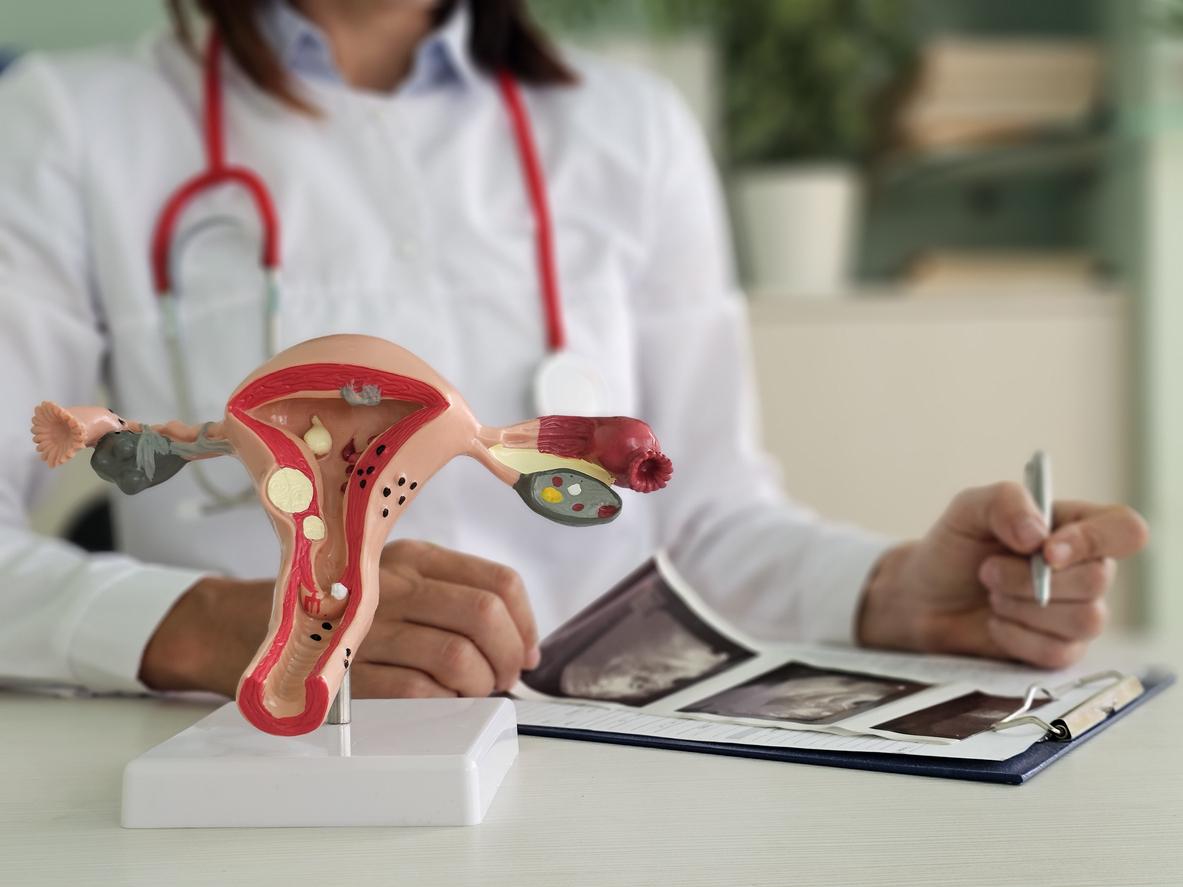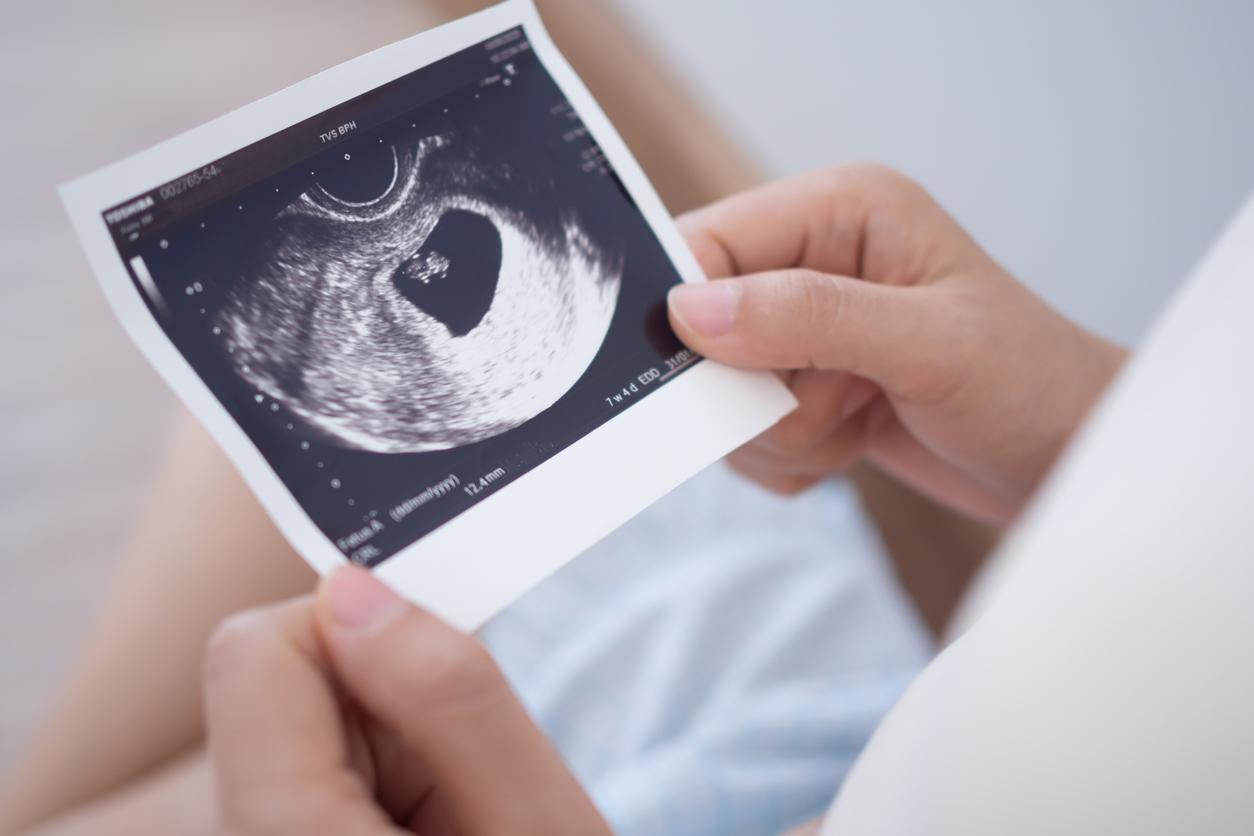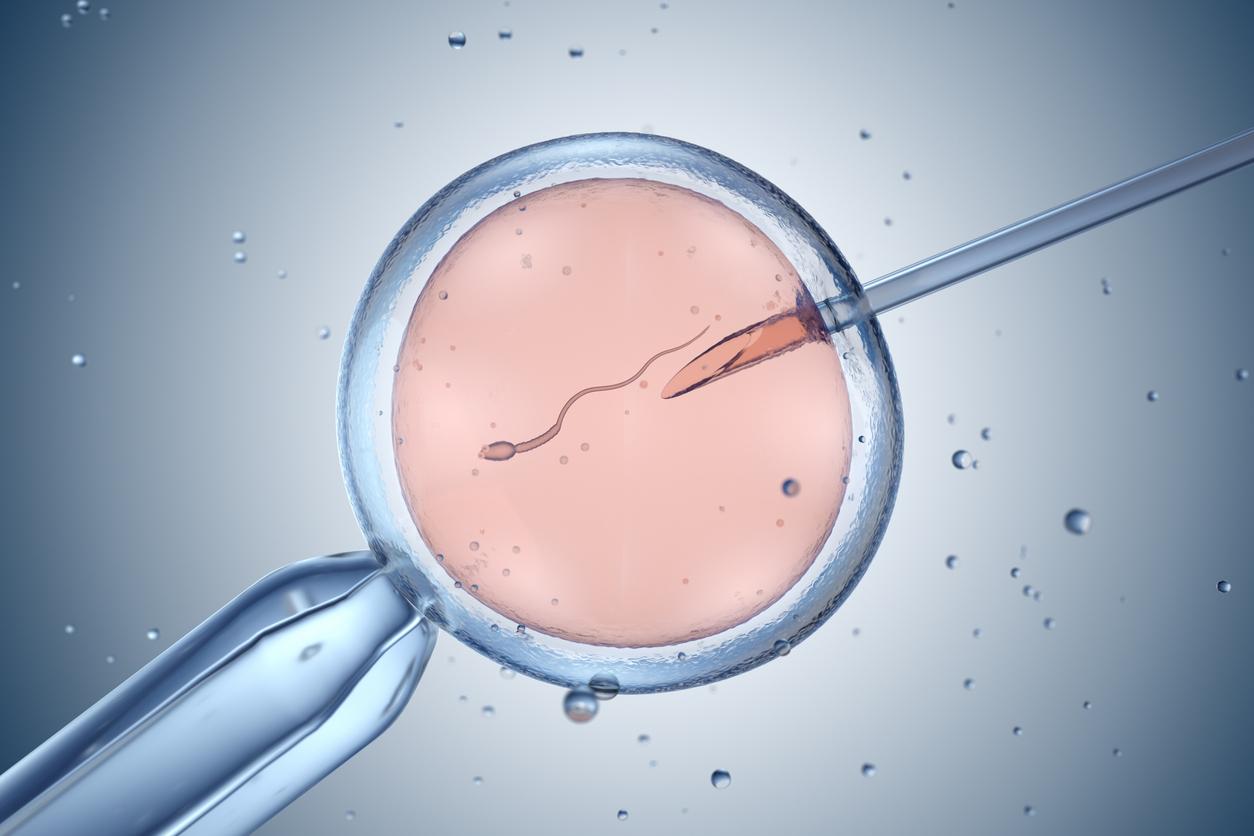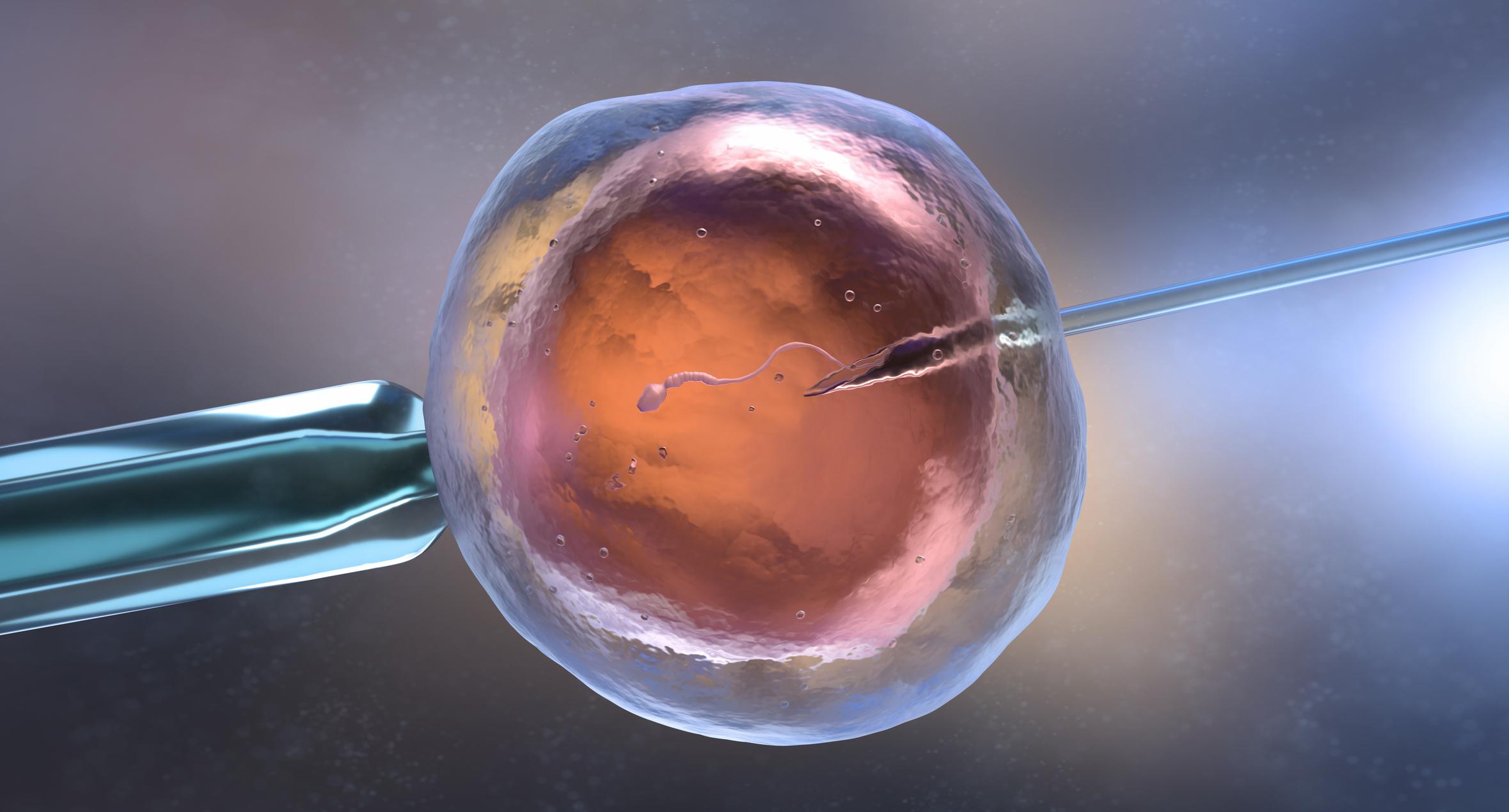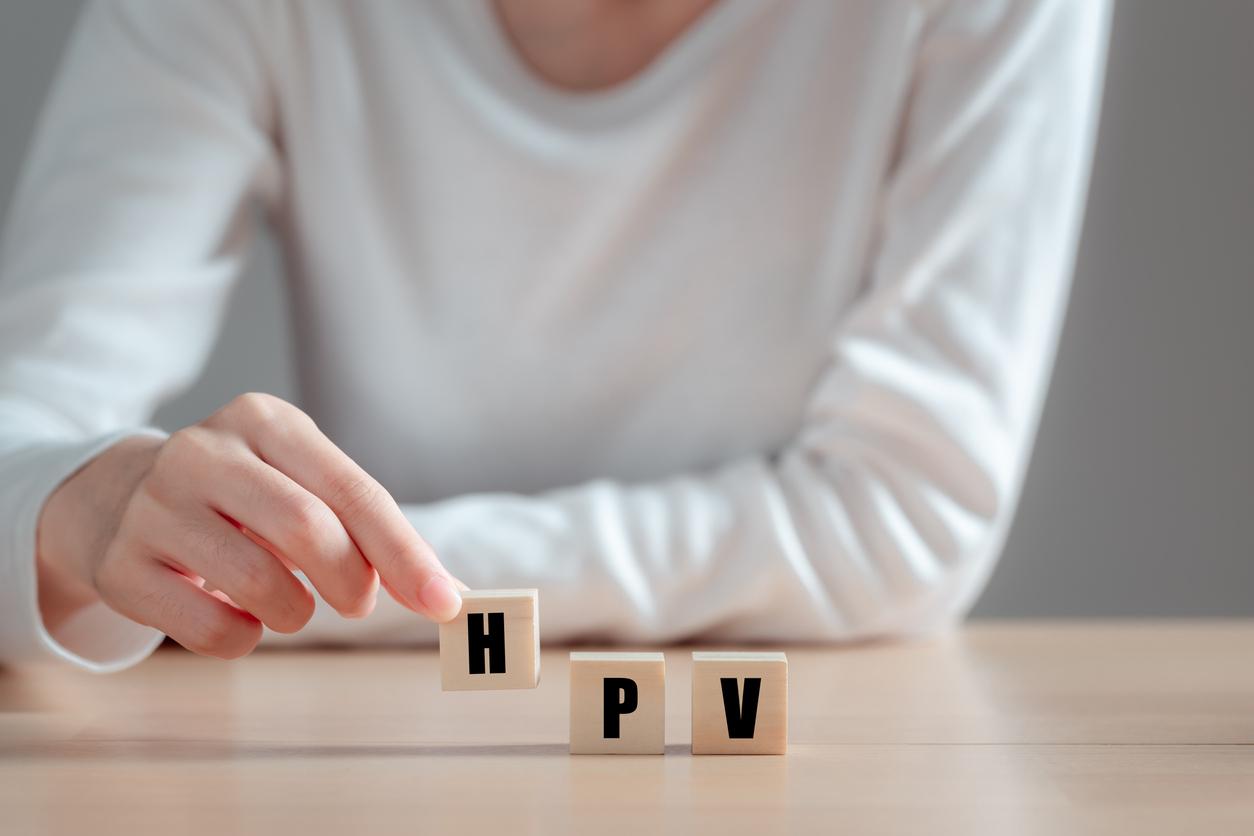Since 1997, more than 1.4 million babies have been born in Europe thanks to IVF, according to scientists who denounce a form of abuse.

Too much IVF. In Europe, the use of this form of medically assisted procreation continues to grow, lament scientists in an editorial published by theEuropean Journal of Obstetrics & Gynecology and Reproductive Biology and spotted by the newspaper Point.
Since the discovery of in vitro fertilization (IVF) in 1978, promises of parenthood addressed to infertile couples have boosted supply and, consequently, demand.
“Between 1997 and 2011, almost 900,000 children were born via IVF in Europe and this number may have exceeded 1.4 million today,” write the authors, from the Erasmus University Medical Center in Rotterdam. And this, while the fertility of the population does not register a decrease capable of justifying this resurgence – contrary to what the alarmist announcements on the general decline in the quality of sperm, which are not scientifically founded, suggest.
Too quick an appeal
Several reasons for this. The decline in maternal age is of course among the causes, but the editorialists believe that it is not enough to explain the increase in IVF. They also mention the modification by the World Health Organization (WHO) in 2008 of the definition of fertility, the diagnosis of which can be made after one year instead of two previously.
Finally, the mercantile practices of assisted reproduction centers have developed, with attractive offers and a sometimes intensive promotional discourse.
In short, everything has contributed to increasing the use of IVF, which the authors deplore, who see this as an abuse. In France, this criticism has also been made by specialists in assisted reproduction. “Almost a third of IVFs are performed without medical indications and are therefore abusive. Provided they wait a bit, many couples could make a child in their bed”, explained Jacques Testard, scientific father of the first “test-tube baby”, in the columns of the JDD in March 2014.
Indeed, studies show that in the event of unexplained fertility disorders, couples tend to resort to in vitro fertilization while 60% would have ended up conceiving naturally within two years.
1 in 35 births
In France, in 2012, more than 142,708 medically assisted procreation attempts were carried out in France. They allowed the birth of 23,887 children, according to the Biomedicine Agency. This represents 2.9% of births recorded that year by INSEE, i.e. one in 35 births.
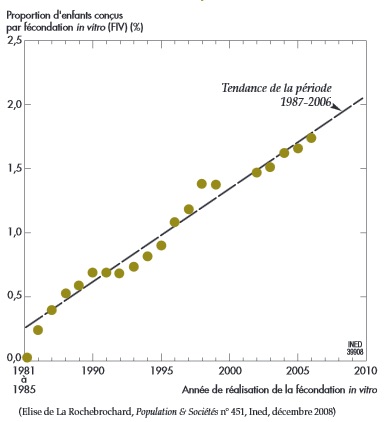
SourIned)
However, access to PMA in France remains regulated. It is reserved for heterosexual couples, of childbearing age, who are unable to conceive a child naturally for medical reasons, or when one of the members of the couple is carrier of a serious disease, likely to be transmitted to the spouse or child.
The acts of a PMA are supported 100% by Health Insurance, after prior agreement of the fund, until the 43rd birthday of the mother, for a maximum of six artificial inseminations and four in vitro fertilizations.
Compared to a natural pregnancy, IVF is not without risks. Neither for the mother, who is more exposed to complications such as gestational diabetes or pre-eclampsia, nor for the child, whose risks of prematurity, low birth weight and certain congenital malformations are increased.
.










